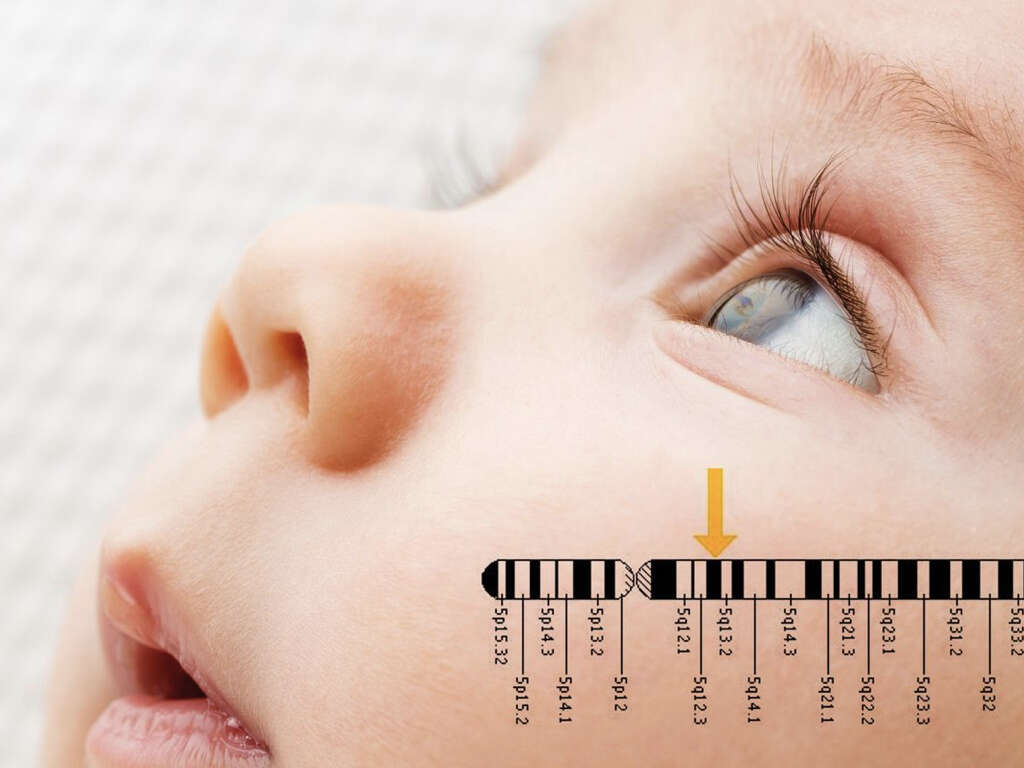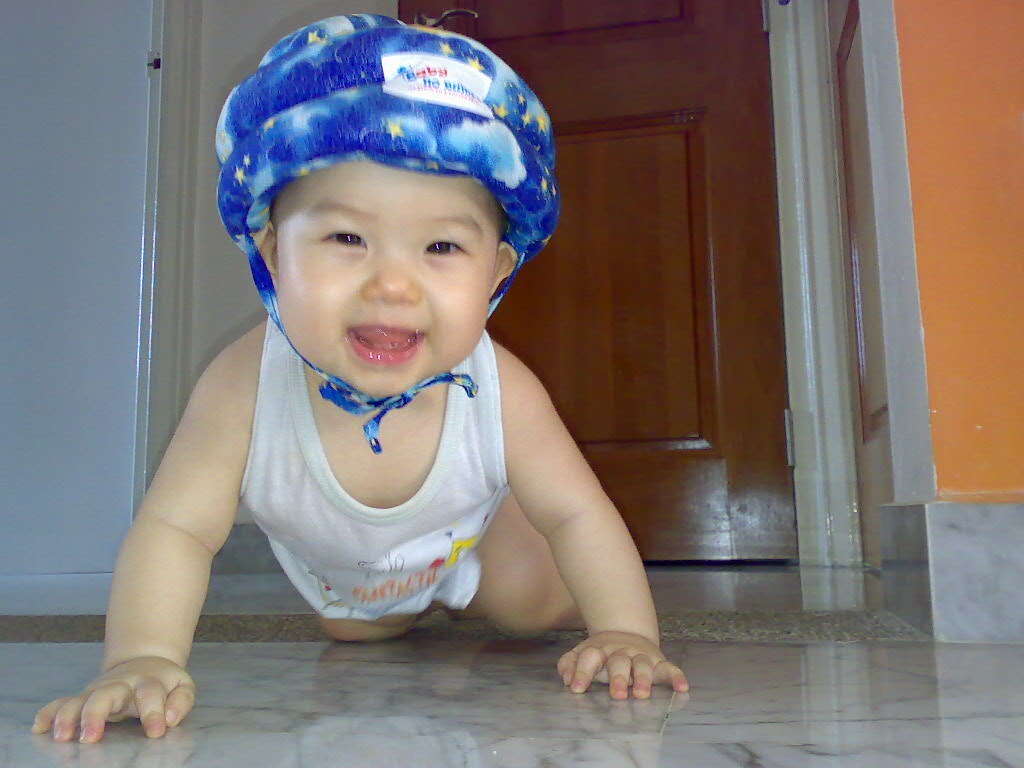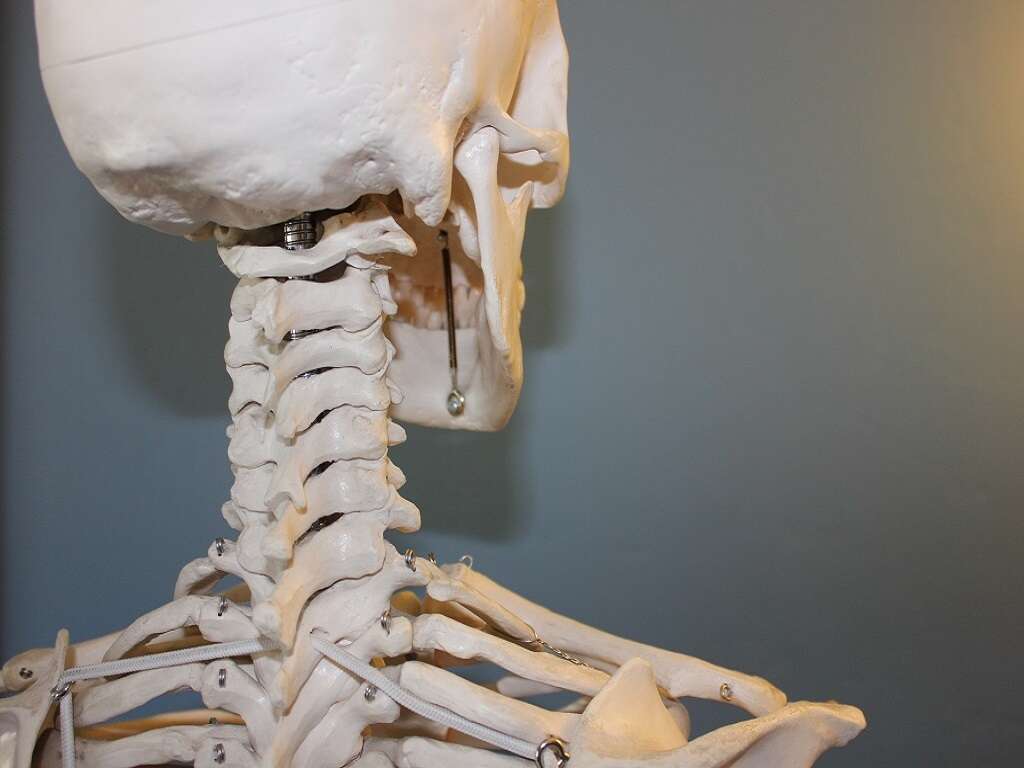10 Side Effects of CT Scans
A computed tomography (CT) scan uses a combination of computer-processed X-ray measurements that have been taken from different angles to produce cross-sectional slices of the body, allowing professionals to see the insides without cutting. To generate a three-dimensional volume of the object being scanned, digital geometry processing is used to form the image from multiple two-dimensional radiographic images.
CT scans can be used for diagnostic and therapeutic purposes. The data produced can be manipulated to demonstrate the different structures depending on their ability to absorb the beams. Besides the medical field, CT scans are also used in archeology and other fields. Those who perform CT scans are either radiologic technologists or radiographers.
The use of CT scans has increased significantly over the last 20 years. In the United States, about 72 million CT scans were performed in 2007 with more than 80 million in 2015. The number of CT scans performed is increasing. However, there can be side effects and 10 of these side effects are listed below.
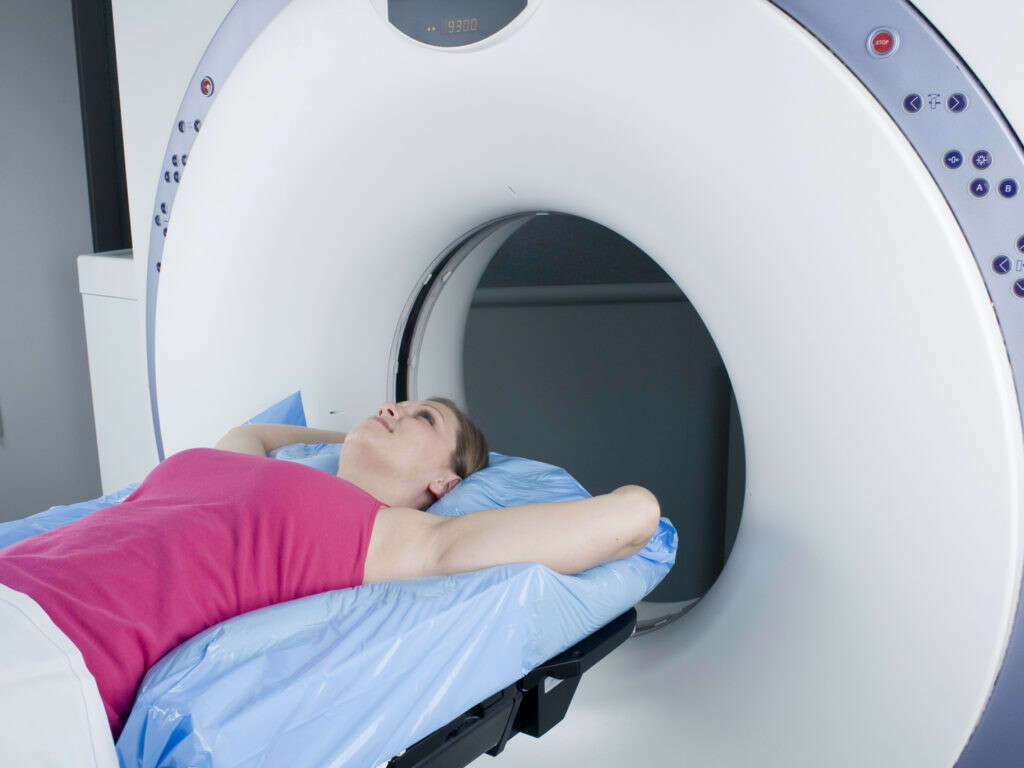
Side Effect #1: Cancer
Cancer refers to a group of diseases where there is abnormal cell growth that has the potential to invade surrounding structures or spread to other parts of the body. The signs and symptoms for cancer varies depending on the location and stage of the disease. Some general symptoms include a lump, weight loss, decreased appetite, abnormal bleeding, and prolonged cough.
One major risk factor for cancer is tobacco smoking. Others include poor diet, sedentary lifestyle, obesity, excessive consumption of alcohol, exposure to infections, radiation, and pollutants. In CT scans, the radiation can cause damage to the cells, which may lead to cancer. CT scans can have 100 to 1,000 times more radiation compared to conventional X-rays. However, the doses of radiation are low, and scans should be done when necessary.

Side Effect #2: Nausea
Nausea refers to the unpleasant sensation of wanting to vomit. It is a debilitating symptom as it places discomfort in the upper abdomen, chest, and back of the throat. Like pain, nausea has a protective purpose that teaches the affected individual to stay away from potentially harmful triggers.
Nausea is a common and nonspecific symptom that can be observed in pregnancy, motion sickness, dizziness, hypoglycemia, gastroenteritis, and food poisoning. It is also a common side effect seen in patients who have undergone CT with contrast. Like vomiting, nausea can be managed using antiemetics.

Side Effect #3: Vomiting
Vomiting refers to the forceful and involuntary expulsion of the stomach contents through the mouth and occasionally, the nose. Vomiting is a common symptom that can be due to food poisoning, gastritis, brain tumors, motion sickness, and side effects of medications. It has also been reported as a side effect in those who undergo a CT scan with contrast.
Vomiting can be managed using antiemetics such as promethazine, metoclopramide, and ondansetron. Severe cases may lead to dehydration, which requires administration of intravenous fluids.

Side Effect #4: Itchy Rash
A rash occurs when there are changes on the skin in terms of texture, color, or appearance. A rash can be localized or generalized. Rashes can also be chapped, dry, itchy, bumpy, cracked, or blistered. There are many causes of rashes such as side effects of medications, contact with allergens, and measles.
To determine the underlying cause of a rash, it is crucial to take into account the affected individual’s occupation, other associated symptoms, appearance of the rash, and occurrence in the people around them. An itchy rash is a common side effect in those who undergo a CT scan with contrast.

Side Effect #5: Anaphylaxis
Anaphylaxis is a serious allergic reaction that may result in death. Individuals with anaphylaxis may experience tongue swelling, itchy rash, airway obstruction, dyspnea, hypotension, vomiting, and dizziness. These symptoms usually begin several minutes to hours after exposure to the allergen.
Common allergens include foods, medications, ad insect bites. Anaphylaxis may occur in patients who go through a CT scan with contrast. This is due to the allergic reaction to contrast. Treatment of anaphylaxis includes an epinephrine injection, intravenous fluids, possible antihistamines, and steroids. Patients with a history of anaphylaxis are recommended to carry an epinephrine autoinjector.

Side Effect #6: Headaches and Dizziness
Headaches describe pain that is felt anywhere in the neck or head. The pain can be sharp, throbbing, or dull. Different types of headaches include migraines, cluster headaches, and tension-type headaches. Although common and nonspecific, frequent headaches can negatively affect school, work, and relationships. They can also lead to depression.
There are many causes of headache. Examples include dehydration, hunger, fatigue, stress, sleep deprivation, common cold, and infections. Dizziness occurs when the person experiences loss of balance, instability, or a sensation that their surroundings are spinning. It may lead to syncope. Both headaches and dizziness are common side effects in patients who undergo a CT scan with contrast.

Side Effect #7: Contrast-Induced Nephropathy
Contrast-induced nephropathy refers to damage to the kidneys due to a history of exposure to contrast used in medical imaging without any evidence of other causes for kidney injury. It can be defined as having a serum creatinine that increases by at least 25 percent or if the increase is 0.5 mg/dl or more after use of iodine contrast without other clear cause of acute kidney injury.
While the mechanism is unclear, it is believed to be due to direct damage from reactive oxygen species, changes in narrowing and dilation of renal blood vessels, contrast-induced increase in urinary output, and changes in urine viscosity. This is a side effect of a CT scan with contrast. Risk increases in those with pre-existing diabetes, reduced intravascular volume, or renal insufficiency.

Side Effect #8: Fetal Anomalies
Fetal anomalies, birth defects, or congenital disorders refer to conditions present at birth that may result in developmental, physical, or intellectual disabilities. They can result in disruption of bodily function or lead to abnormal structures that can cause issues with appearance. They can be caused by chromosomal disorders, genetic issues, infections during pregnancy, and exposure to medications or chemicals.
Risk factors include substance abuse, smoking, alcohol use, poorly controlled diabetes, and folate deficiency during pregnancy. A CT scan during pregnancy also increases the risk of birth defects due to exposure to radiation. Alternatives such as an ultrasound or an MRI would be a better choice.
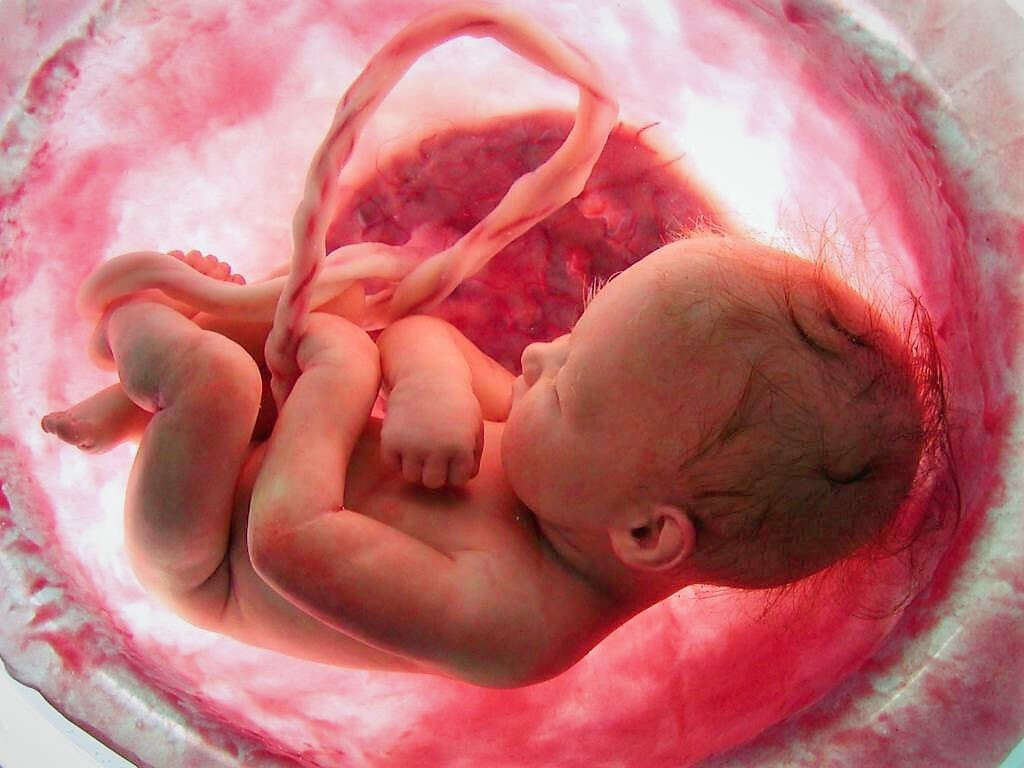
Side Effect #9: Abdominal Pain
Abdominal pain is a common symptom that has serious and nonserious causes. The commonest causes include irritable bowel syndrome and gastroenteritis. Approximately 10 percent of patients with abdominal pain will have more serious causes such as diverticulitis, appendicitis, abdominal aortic aneurysm, and ectopic pregnancy.
Since the abdomen can be divided into nine regions: right hypochondria, epigastric, left hypochondria, left lumbar, umbilical, right lumbar, right iliac, suprapubic, and left iliac regions, pain felt at different regions of the abdomen provides important clues regarding the underlying cause. Abdominal pain can occur when an abdominal CT scan with barium contrast is performed.

Side Effect #10: Constipation
Constipation occurs when there are infrequent bowel movements where the stool is dry and hard. Symptoms of constipation include abdominal pain, abdominal bloating, and the feeling of incomplete evacuation. It can cause complications such as fecal impaction, anal fissure, and hemorrhoids.
Constipation can be caused by various issues such as irritable bowel syndrome, colon cancer, antacids, calcium channel blockers, diverticulitis, and celiac disease. Constipation has also been reported as a side effect of an abdominal CT scan when barium contrast is used.





